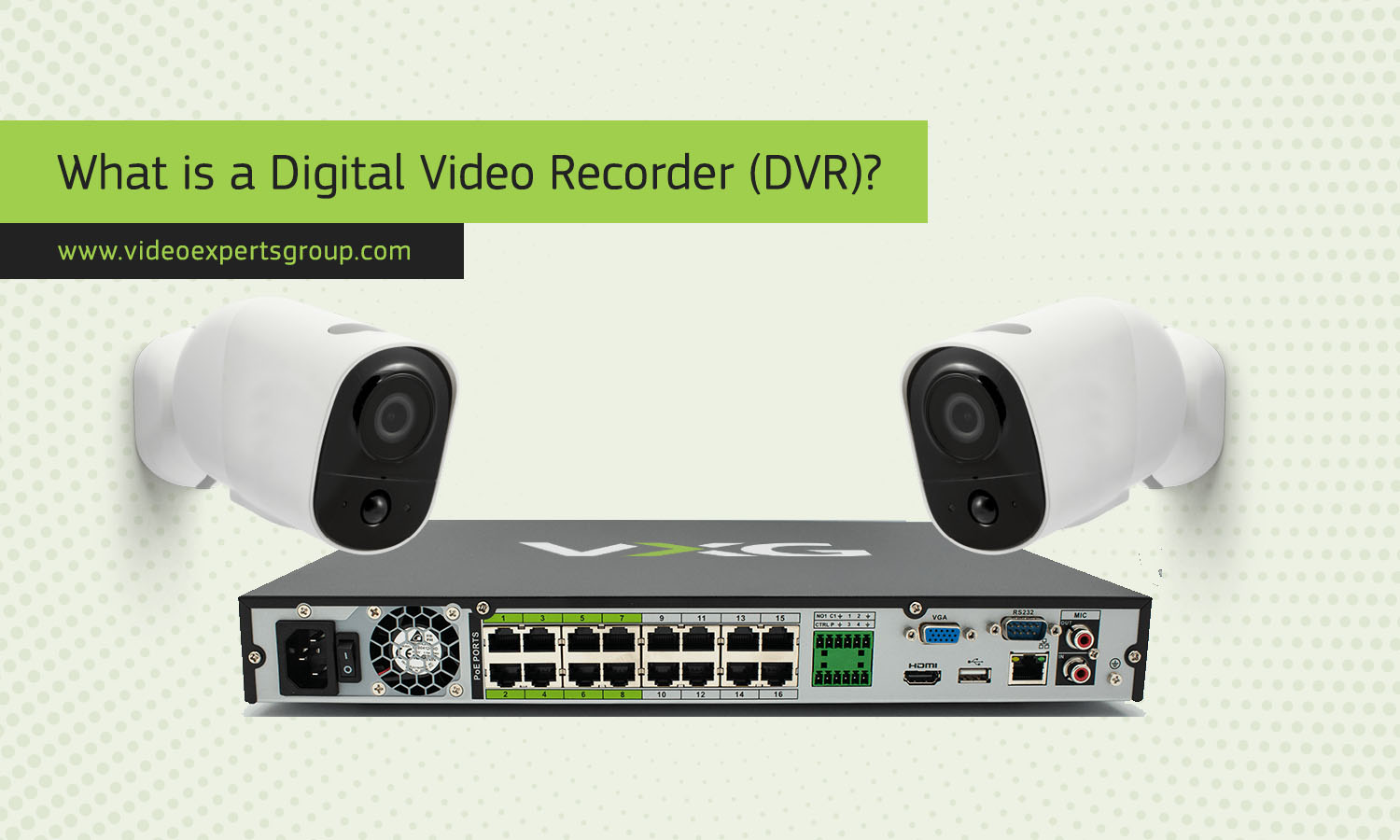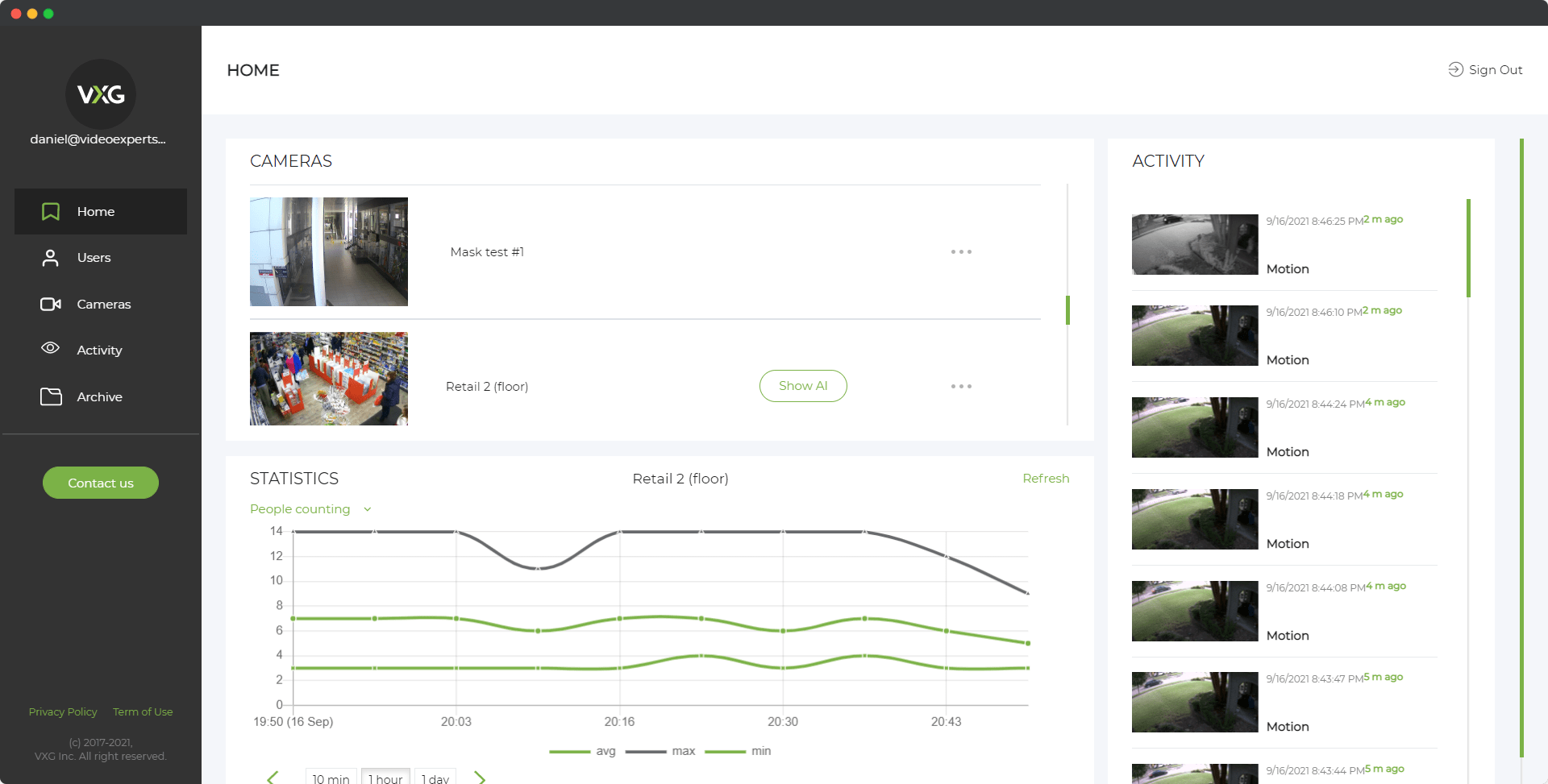In the realm of video surveillance, Digital Video Recorders (DVRs) play a crucial role in capturing, storing, and managing footage from security cameras. These devices have become integral in both residential and commercial settings, providing a convenient and efficient way to monitor and safeguard property.
What is a DVR?
DVRs are specialized devices designed to record and store video footage from surveillance cameras. They come equipped with various features to enhance their functionality:
1. Storage Capacity:
DVRs offer ample storage space to save recorded video footage. The storage capacity can vary depending on the model, ranging from a few hundred gigabytes to multiple terabytes.
2. Remote Access:
Many DVRs allow users to access live or recorded footage remotely. This feature enables users to check their security cameras from anywhere using smartphones, tablets, or computers.
3. Motion Detection:
To conserve storage space and focus on relevant events, DVRs often come with motion detection capabilities. They can be programmed to record only when motion is detected, saving storage and making it easier to review significant events.
4. Playback and Search Functions:
DVRs facilitate easy playback and searching of recorded footage. Users can quickly locate specific events or time frames, simplifying the process of reviewing footage.
Advantages
1. Cost-Effective Solution:
DVRs are generally more cost-effective than their network-based counterparts, making them a popular choice for budget-conscious consumers.
2. Ease of Installation:
Installing a DVR system is often straightforward, making it accessible for individuals with basic technical knowledge. This ease of installation contributes to their popularity in residential applications.
3. Local Storage:
Storing footage locally on the DVR eliminates the need for constant internet connectivity. This ensures continuous recording even in the absence of a stable internet connection.
Disadvantages
1. Wired Infrastructure:
DVRs typically rely on wired connections to cameras, limiting flexibility in camera placement. This can be a drawback for those seeking more versatile installation options.
2. Limited Scalability:
Some DVR systems may have limitations when it comes to expanding the number of cameras or storage capacity. This could pose challenges for users with evolving security needs.
Main Brands and Price Range
Hikvision:
A renowned brand in the surveillance industry, Hikvision offers a range of DVRs. Prices start from $100 and can go up to $500, depending on features and capacity.
Swann:
Swann is known for its user-friendly surveillance solutions. DVRs from Swann typically range from $150 to $400.
Lorex:
Lorex offers a variety of DVR options, often priced between $120 and $600, providing diverse choices to suit different budgets and requirements.
Digital Video Recorders continue to be a vital component in video surveillance systems. With their user-friendly features, cost-effectiveness, and remote accessibility, DVRs provide an efficient means of monitoring and securing properties. While they may have some limitations, these can often be outweighed by their affordability and ease of use, making them a popular choice for a wide range of users.
Read also:
















